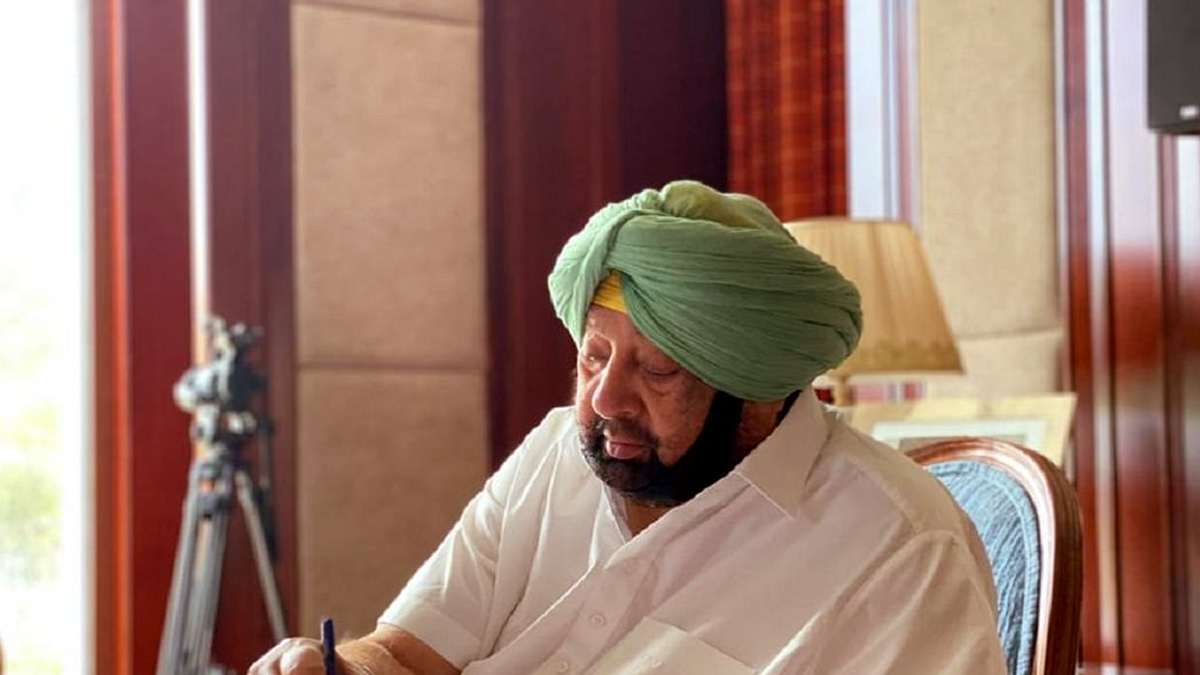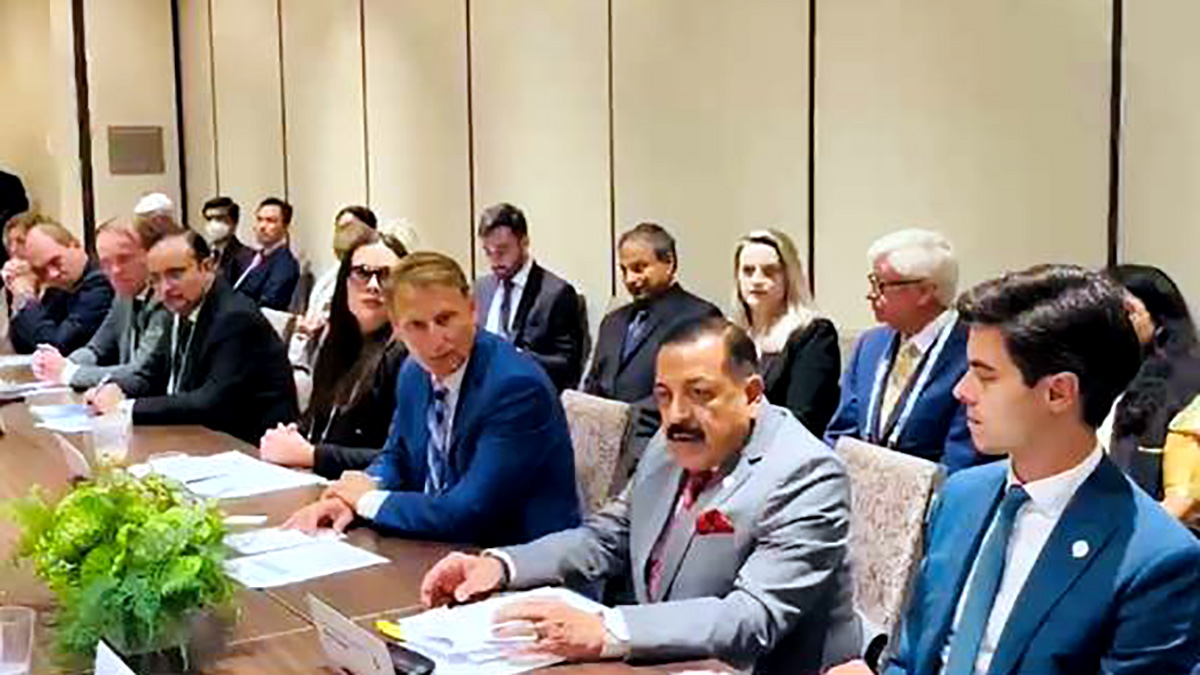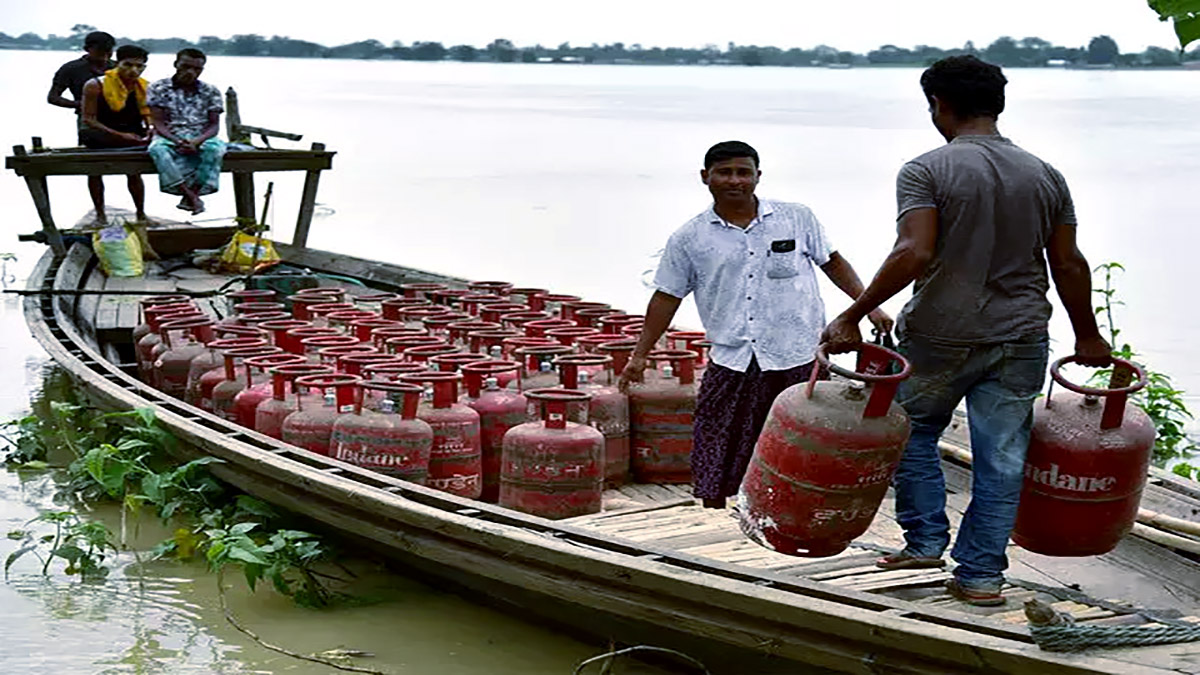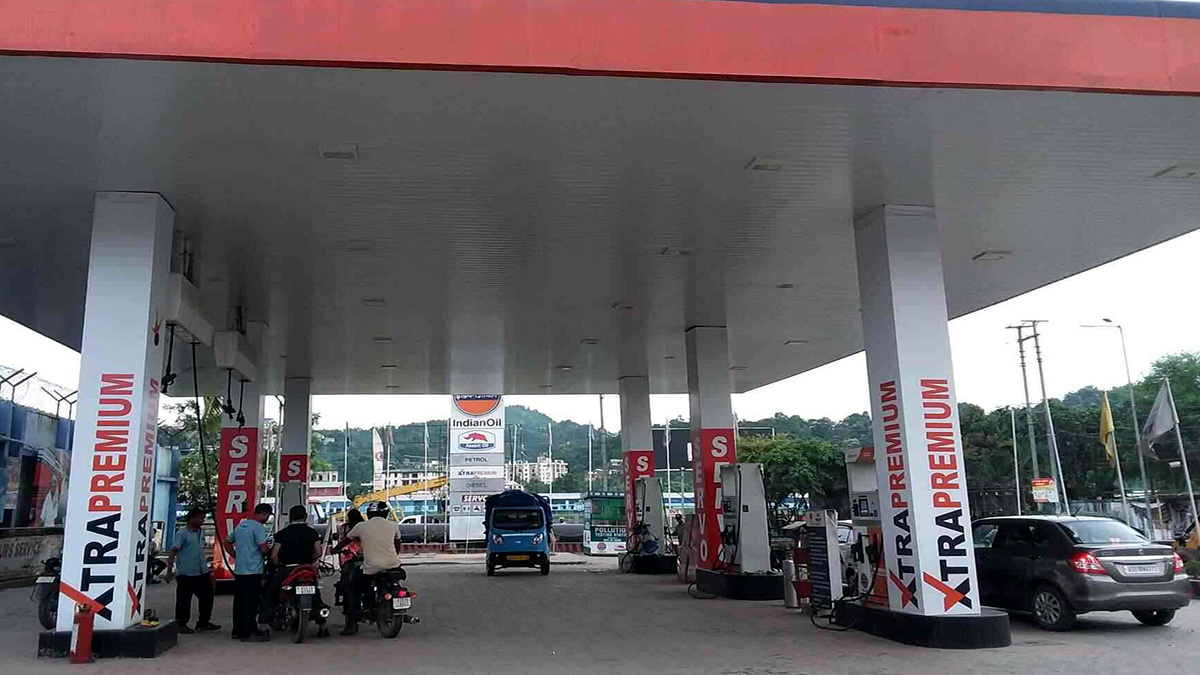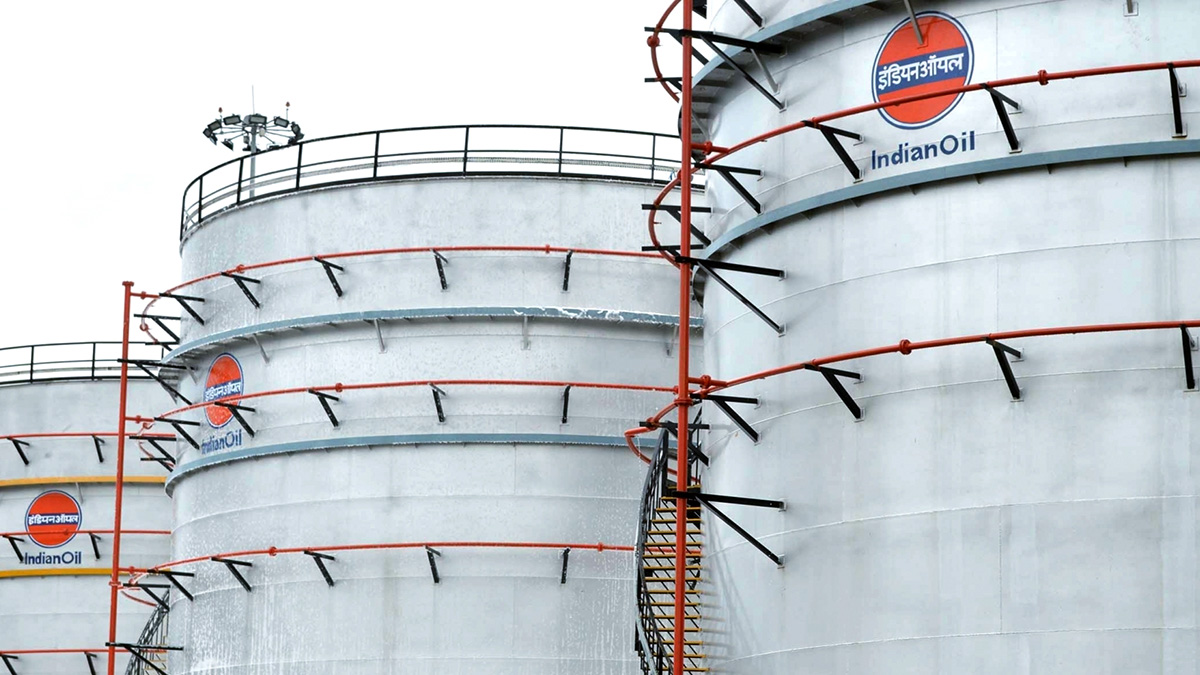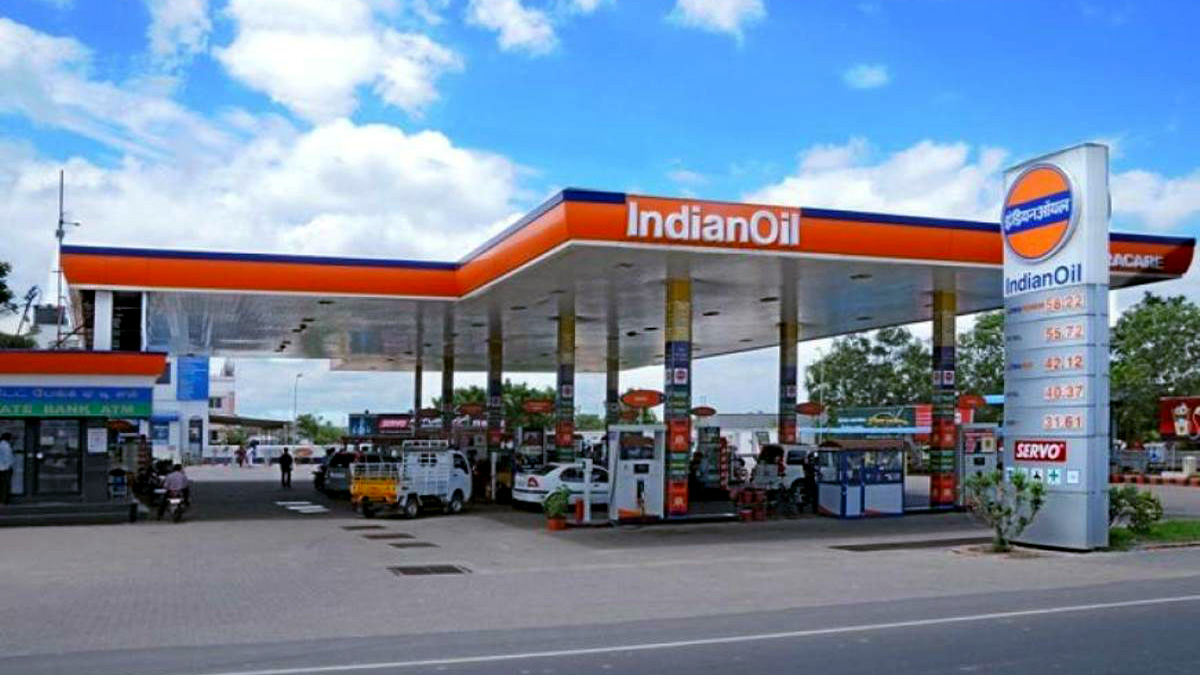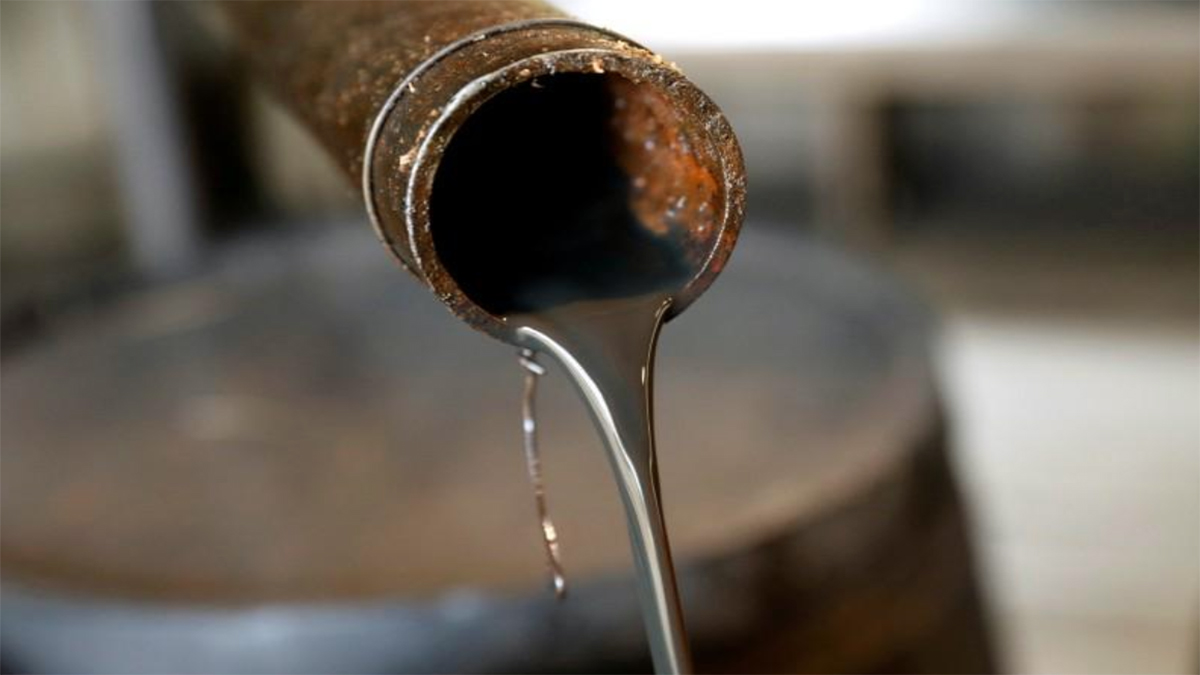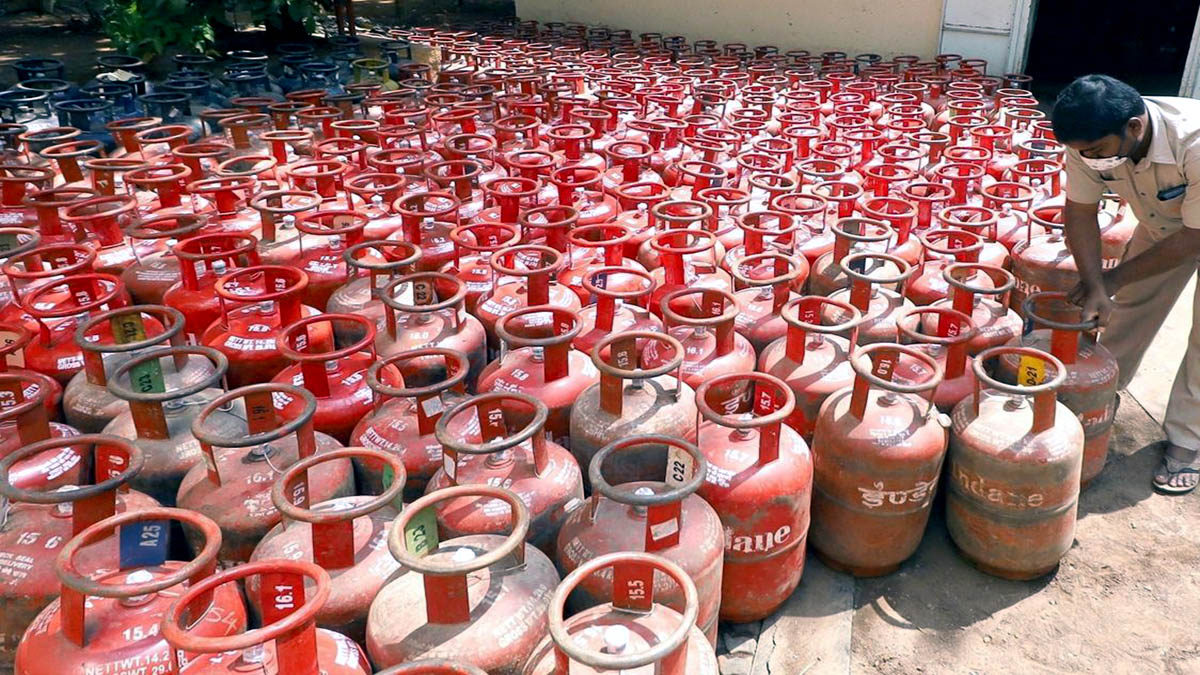Chief Minister Amarinder Singh accorded approval to a proposal by the Punjab Prisons Development Board (PPDB) to set up 12 retail outlets of Indian Oil Corporation on land owned by the prisons department. Chairing the first meeting of the newly-constituted PPDB, Amarinder was informed by the officials that this project, besides giving employment to 400 released prisoners, would generate an expected revenue of Rs 40 lakh per month.
Briefing the chief minister, the board’s Member Secretary and ADGP Prisons, Praveen Sinha, said prisoners with good conduct would be employed at the retail outlets and preference would be given to women prisoners. The chief minister also granted approval to the brand name, ‘Ujala Punjab’, for all products manufactured by jail inmates.
Approval was also accorded to the board for taking over all the factories established in jails, existing projects being run in Punjab prisons under PPP mode and commercial activities being done at the open jail in Nabha.
Briefing the chief minister, Sinha said products like bedsheets, towels, mops, furniture, stationery, soaps and sanitizers will be manufactured in prison factories under the board. Sinha suggested to the chief minister that these products should be bought directly by various government departments as per existing provisions. He said the board was also planning to set up a corrugated boxes manufacturing unit for meeting the demand of cooperatives Milkfed and Markfed.
Approval was also granted to the board to collaborate with various Punjab government departments for supply of products made in prison factories.
Sinha said to make these projects commercially viable and profitable, many units shall be set up under PPP mode and skill training would be provided to 3,000-4,000 prisoners to make them employable in various ventures upon release.
The chief minister also okayed the board’s proposal for tie ups with Punjab technical and school education departments for setting up of Industrial Training Institutes inside the prisons and running National Open School/University courses, respectively, in jails to train prisoners and make them employable post their release.
Sinha suggested that educated prisoners, who have two or more years of imprisonment left, can be trained by the education department to become teachers for the other prisoners and provided help to clear courses from Open School and Universities.


